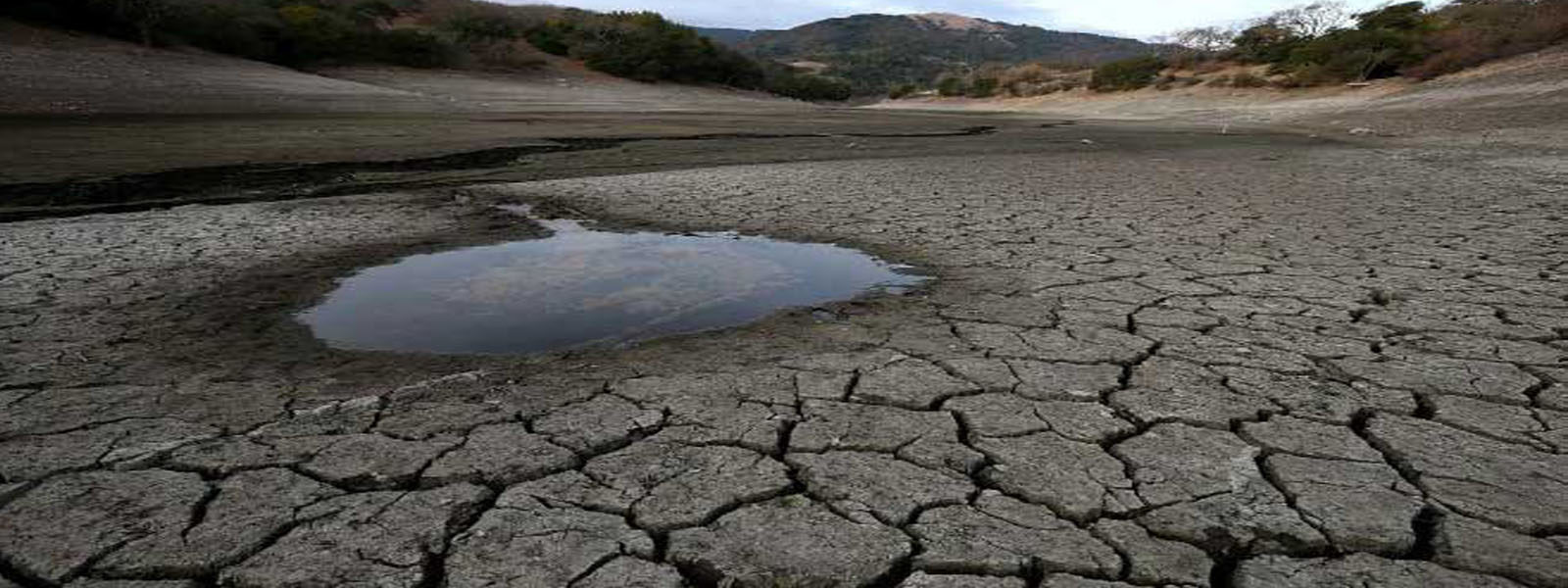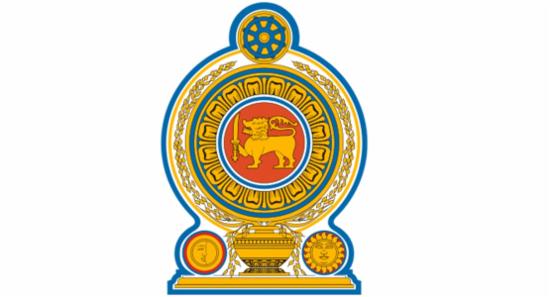.webp)

Is Colombo on the verge of a water crisis?
Colombo (News1st) - Water shortages that have arisen in many parts of the country as a result of the extreme heat wave. Whilst the commercial capital Colombo is not facing a severe drought at present, could the city face a serious water shortage in the future?
Major development activity can be seen in the Colombo city and surrounding areas including Homagama, Kottawa, Kadawatha, and Wattala. Projects including the Colombo Commercial City plan, the Port City and the Beira Lake Development project will see the city's population multiply within a very short timeframe in the near future.
Massive condominium developments are being undertaken in and around the city by both the private sector and the public sector. Close to 1600 families are expected to join the population of Colombo through middle-class housing projects that have been initiated in Borella, Ratmalana, and Orugodawaththa. Estimates indicate that Colombo's population will exceed 1.2 million by 2020.
Chairman of the National Water Supply & Drainage Board Alahudeen Ansar speaking to News1stg noted that a project is currently underway to renovate and increase the capacity the Colombo pipeline system which is over 20 years old. He noted that projects in Kelaniya and Attanagalle which are currently being built will ensure that the water board is capable of meeting the demands of the public.
If these projects are implemented as planned, it would mitigate the water crisis facing the city to a certain extent. However, questions arise regarding the execution of these projects, when scrutinizing the report of the Special Audit carried out by the National Audit Office, in its assessment of the National Water Supply and Drainage Board.
According to the Auditor General's observations, projects initiated to mitigate the percentage of water that is wasted or unused, have not been completed in the specified timeframes. The report indicates that these delays have also compelled the NWSDB to pay interest, as many of these projects have been financed by foreign loans.
Auditor General Gamini Wijesinghe says the target of providing pipe-borne water to 60 percent of the country by 2020 is impractical and unrealistic. Given the situation, shouldn't all stakeholders be focusing their attention on developing a practical program to face the looming water shortage?
Other Articles
Featured News





.png )



-797569_550x300.jpg)
-797563_550x300.jpg)
-797557_550x300.jpg)




-797273_550x300.jpg)



















.gif)